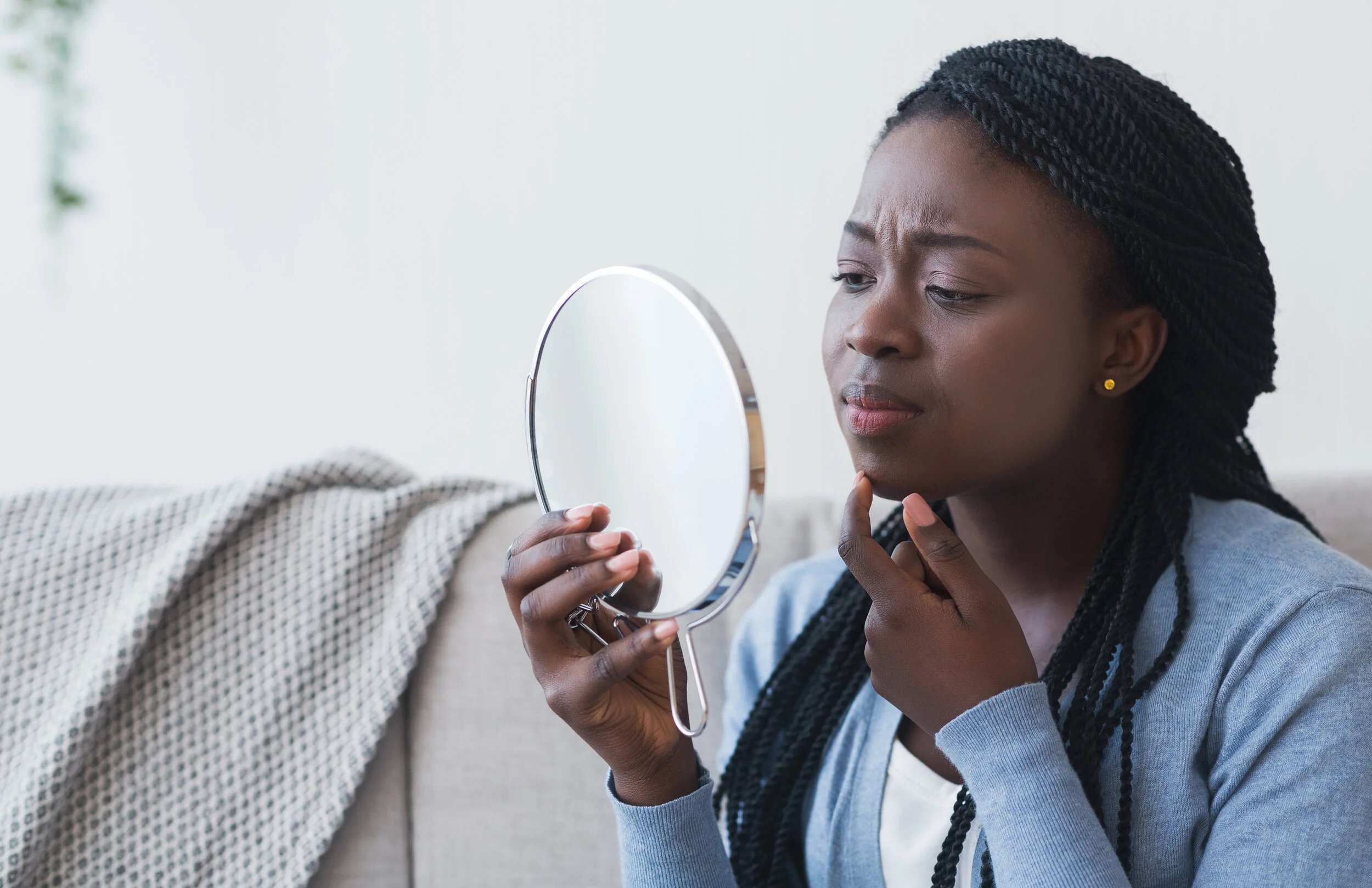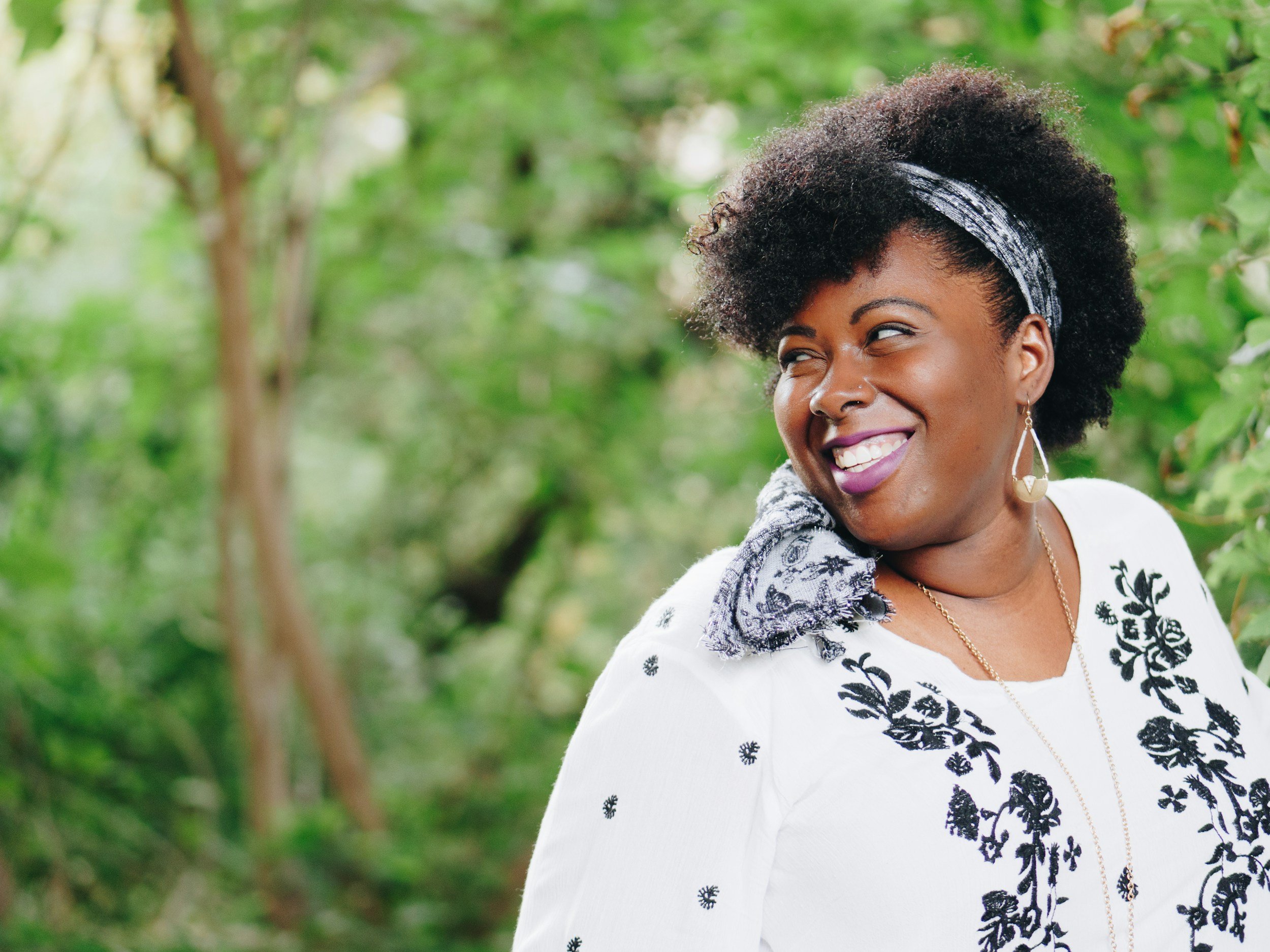Acne…at My Age?!
You know how it goes…you’re getting ready for a big event, primping like a champ - and then you notice it: a brand-new pimple just trying to make its way to the surface of your skin, all shiny, red, and inflamed.
“But, I’m an adult!” you gasp. “Why am I still getting zits?!” Adult acne is certainly frustrating and often embarrassing to deal with, but you’re definitely NOT alone, my clear-skin-seeking friend!
Let’s squeeze out the truth about this all-too-common skin issue and get to the bottom of why you’re still seeing those pesky pimples pop up - even at YOUR age!
What is adult acne, and what causes it?
Acne is generally thought of as an inflammatory skin condition that we see and experience most often during the teen years. But, did you know that it’s the most common skin condition in the US, affecting up to 50 million Americans?
Adult acne is just a term used when breakouts occur during the adult years. “Acne” is the term used to describe prominent blackheads, whiteheads, pimples, and cysts. While acne can affect any part of the skin, it more typically found on the face and neck, but can also occur on shoulders, back, chest, under the breasts, and on the upper arms.
However, there are two major differences between acne in the adult years and the kind you experienced as a teen:
Adult acne is usually on the lower half of the face (chin and jaw line), while teen acne is typically on the upper half (forehead, nose, and cheeks)
Adult acne is also deeper and can appear as “under the skin” pimples (cysts), which usually can’t be drained
Experiencing ACNE in adulthood is usually attributed to a few key culprits
HORMONES
After starting or stopping hormonal birth control methods
Hormonal shifts like around your period (cyclical acne)
During pregnancy, perimenopause, menopause
Medical condition involving hormonal imbalances, like polycystic ovarian syndrome (PCOS)
One’s first dealings with acne may be in adulthood as well, having escaped it all together as a teenager! This “adult-onset acne” is most common in postmenopausal women due to pronounced hormonal shifts.
DIET & NUTRITION
While the link between diet and acne has been somewhat controversial over the years, more recent scientific evidence suggests that high-carbohydrate diets may increase your risk of developing acne. This may be best explained by the elevation effect that consuming excess refined carbs has on blood sugars and the hormone insulin.
STRESS & INFLAMMATION
Stress can cause a release of inflammatory chemicals called neuropeptides, and a domino effect of hormonal shifts which can worsen acne. Think about that huge pimple that invariably makes its appearance before a big event you’re excited about - because even “good” stress, like anticipating an important event, can trigger a breakout.
Stress also increases the severity of breakouts by making pore cells thicker, stickier, and, therefore, more clogged. The results are more inflamed, red and painful pimples.
“Researchers have found a relationship between stress and acne flare-ups. In response to stress, our bodies produce more androgens. These hormones stimulate the oil glands and hair follicles in the skin, which can lead to acne. This explains why acne can be an ongoing problem when we find ourselves under constant stress.” ~ American Academy of Dermatology
Other factors that can also be to blame for adult acne
Family history/genetic predisposition
Digestive issues
Hair and skin products that clog pores (including make-up remover and sunscreen)
Facial hair removal (tweezing)
Change of environment (including traveling)
Side effects from certain medications
Treatment for Adult Acne
While there are many, many treatments available (like topicals containing benzoyl peroxide, salicylic acid, and sulfur), some are even touted as the next miracle acne cure. Truthfully, there’s no magic bullet, and I’m of the opinion that nothing beats trying something totally natural first, like tea tree oil.
However, if you find that your acne is resistant to a more natural treatment approach or when using some of the over-the-counter remedies available, be sure to consult with a knowledgeable health practitioner for further investigation (like addressing underlying health issues), and a more definitive diagnosis, plus appropriate course of action.











